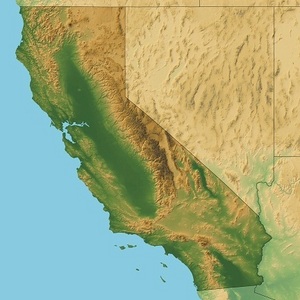Court rules California's LCFS will remain in effect

June 6, 2013
BY Erin Voegele
Advertisement
Advertisement
Related Stories
U.S. fuel ethanol production was down 1% the week ending June 13, according to data released by the U.S. Energy Information Administration on June 18. Stocks of fuel ethanol were up nearly 2% and exports were up 8%.
The U.S. Supreme Court on June 18 ruled that the U.S. Court of Appeals for the D.C. Circuit is the proper venue for legal challenges to the U.S. EPA’s small refinery exemption (SRE) decisions. Biofuel groups are applauding the decision.
The Iowa House of Representatives has secured the number of signatures needed to convene a special legislative session with the goal of overriding Gov. Kim Reynold’s recent veto of an eminent domain bill impacting CCS projects within the state.
The Senate Finance Committee on June 17 released legislation that extends the 45Z credit but proposes changes that would cut the value of the credit by 20% for fuels made from imported feedstocks and alter the value of the credit for SAF.
The USDA hosted a trade mission to Lima, Peru, from June 9-12 aimed at expanding market access and boosting U.S. agricultural exports. The agency identified ethanol as one of the products for which there is strong export opportunity.





